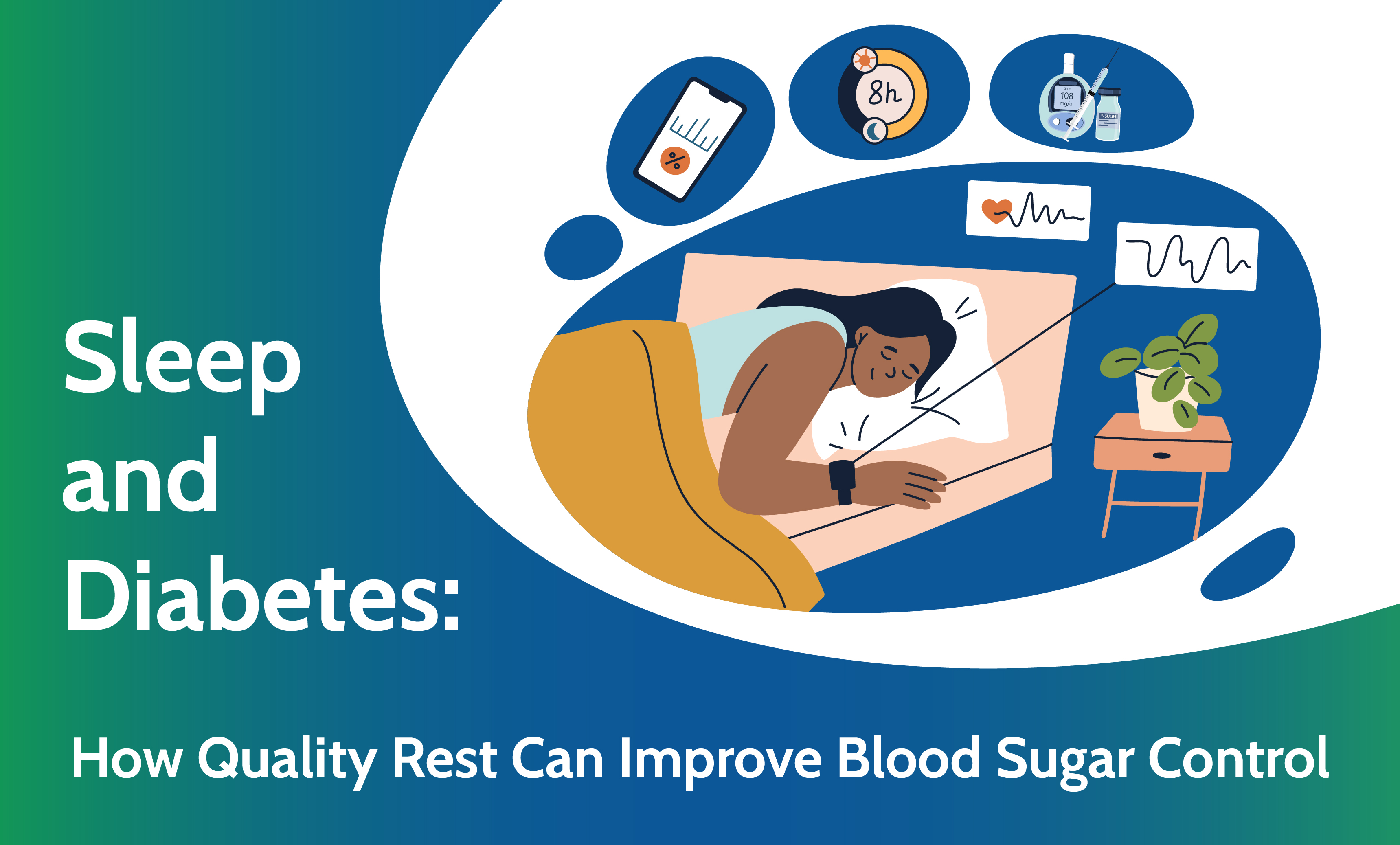
Managing diabetes involves a comprehensive approach that balances diet, exercise, and lifestyle choices. However, one vital aspect often overlooked is the role of sleep in blood sugar regulation. Quality sleep plays a significant role in improving overall health and can have a profound impact on managing diabetes.
Sleep is essential for maintaining the body's balance and enabling various physiological processes, including glucose metabolism. Disrupted or inadequate sleep can throw off this balance, leading to blood sugar fluctuations and complications for individuals with diabetes.
For individuals with diabetes, insufficient sleep can worsen the condition in multiple ways. Dr. Shreya Sharma explains, “When sleep is compromised, it leads to a cascade of effects that disrupt blood sugar stability and overall health.”
Focusing on improving sleep quality can have transformative effects on diabetes management. Here are some ways better sleep improves blood sugar control:
Dr. Sharma notes that people with diabetes often face unique sleep challenges, which can exacerbate their condition. These include:
Dr. Sharma emphasizes the importance of a structured approach to improve sleep hygiene, which in turn helps stabilize blood sugar levels.
Stress can disrupt sleep and blood sugar levels in a vicious cycle. When under stress, the body produces more cortisol, which can increase blood sugar. Poor sleep exacerbates this, leading to heightened stress levels. Managing stress through practices like yoga, journaling, or talking to a trusted friend can break this cycle.
When people with diabetes prioritize sleep, they experience far-reaching benefits that go beyond blood sugar control.
“Sleep is the foundation of good health and should be treated as a priority in diabetes management,” says Dr. Shreya Sharma. By focusing on creating consistent sleep habits and addressing any underlying sleep issues, individuals with diabetes can significantly improve their blood sugar control and overall well-being. Ultimately, quality sleep is not a luxury but a necessity—especially for those managing a chronic condition like diabetes. By making sleep a priority, you can take a critical step toward better health and a brighter future. Dr. Shreya Sharma is widely regarded as the best endocrinologist in Dehradun, known for her expertise in managing complex hormonal disorders, including diabetes, thyroid conditions, and metabolic imbalances. With years of experience and a patient-centric approach, Dr. Sharma has earned the trust and respect of her patients and peers alike. Her commitment to providing comprehensive, evidence-based care ensures that every patient receives personalized treatment tailored to their unique needs.